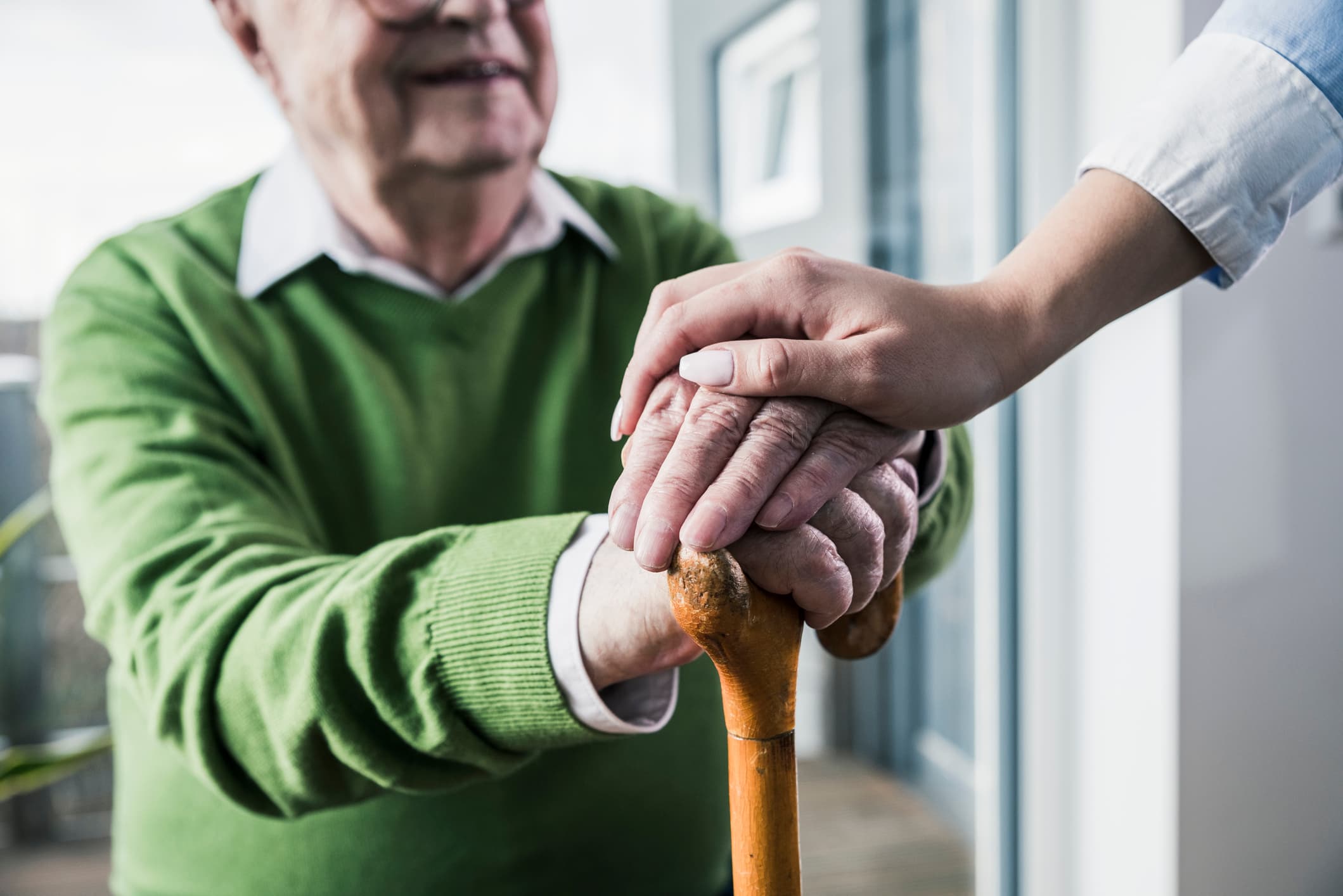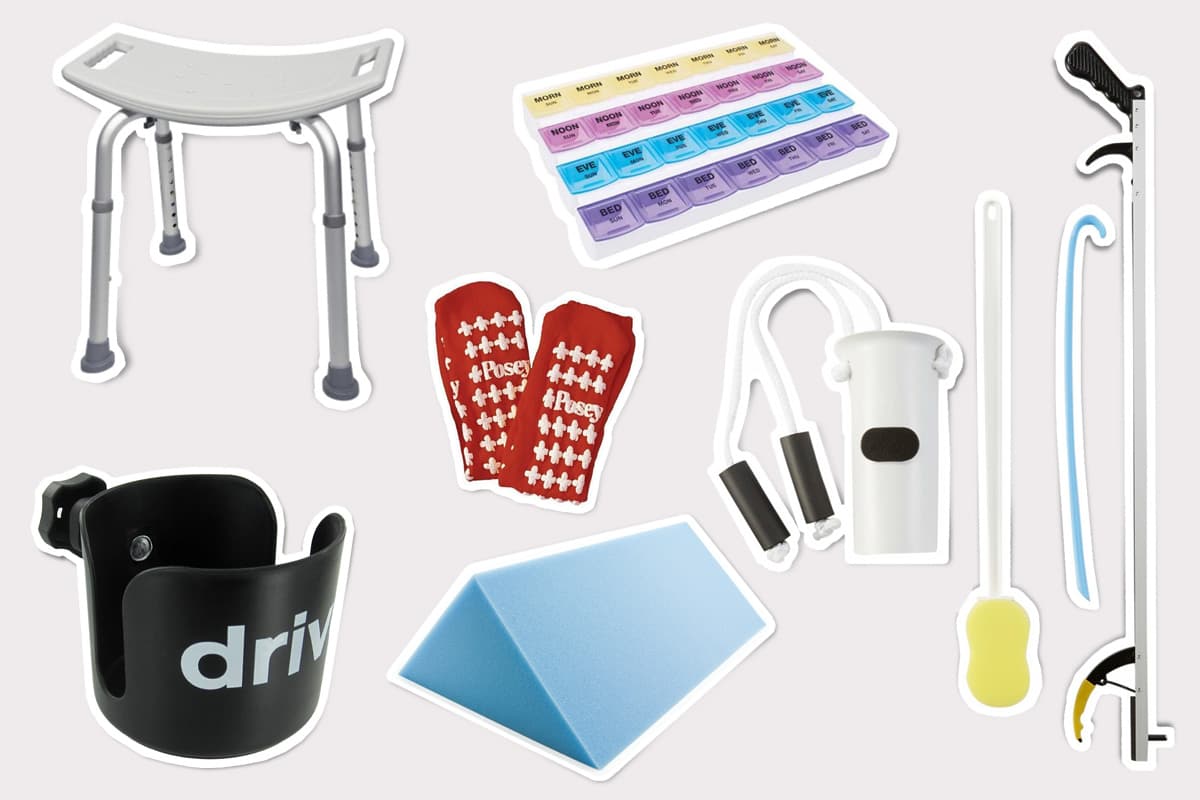If your loved one has Parkinson’s disease, you might be searching for answers to provide them with the highest quality of care and help you know what to expect. Many may silently wonder about the life expectancy of a person diagnosed with the condition. This article explores what you should know about Parkinson’s prognosis life expectancy and how to help your loved one enjoy each day to its fullest.
Parkinson’s and Life Expectancy
Many people with Parkinson’s disease live many years after a diagnosis. Often, patients with Parkinson’s can live five, 10, or even 20 years with the condition. However, it depends on several factors, like the person’s age when first diagnosed, the disease's stage, and overall health.
In general, patients diagnosed in their 60s live many years after their diagnosis, while those diagnosed in their 70s or 80s might have a shorter anticipated lifespan. It’s important to keep in mind that the average lifespan of an American adult ranges from approximately 70 years to 84 years, depending on race, ethnicity, and other factors.
People with young-onset Parkinson’s, Parkinson’s diagnoses in someone under 50 years old, can enjoy a high quality of life for many years. Being diagnosed with young-onset Parkinson’s does not mean your loved one’s life is expected to be cut short. On the contrary, research shows young-onset Parkinson’s often progresses slower, letting people enjoy better mental and physical health over a longer timeframe.
Parkinson’s is different for each person, but the good news is it can be managed to allow your loved one to enjoy a high quality of life for years to come.
Parkinson’s Stages
To help patients and caregivers understand Parkinson’s, doctors have grouped the symptoms of Parkinson’s disease into five stages. Stage 1 is the first phase of this disease. Parkinson’s is progressive, meaning it worsens over time. Stage 5 is the final stage of the disease.
It’s impossible to predict the life expectancy of someone in Stage 5 because Parkinson’s is not fatal. Instead, other medical conditions often contribute to a person’s death. For example, this might include an inability to swallow and keep down nutrition, accidental choking, or other issues.
As a caregiver, it can be helpful to understand the stages of Parkinson’s to provide the best care as your loved one’s health changes. The stages are:
Stage 1: Your loved one can likely go about most of their normal routines. They might have tremors or other movement challenges in one part of their body. You might notice differences in how your loved one stands or moves or how their face appears.
Stage 2: Walking becomes harder, and activities take more time. Muscle tremors, rigidity, and other issues become easier to notice. In many cases, your loved one can keep living on their own, though their health will slow them down.
Stage 3: Loss of balance often occurs midway through patients’ experience with this condition. Your loved one might fall or be able to do fewer activities than before their diagnosis. Several essential products for living with Parkinson’s disease can help.
Stage 4: Your loved one will need to limit walking, and continual care is necessary. At this stage, your loved one might need a cane or a walker to stay safe when standing or moving.
Stage 5: Ongoing caregiving is needed for your loved one. They will likely remain in bed or in a wheelchair to ensure they are safe.
Parkinson’s Life Expectancy Factors
Doctors advise patients and their caregivers to focus on factors within their control. This includes eating a balanced diet and exercising to the degree your loved one can do so. It also extends to getting enough sleep at night and maintaining social activities such as visiting with loved ones and making occasional trips out of the house.
These steps can help your loved one stay in good mental and physical shape even after a Parkinson’s diagnosis. You can also consult free resources such as Living With Parkinson’s for more helpful information and interviews with people who have this diagnosis.
Helping Loved One Enjoy Life With Parkinson’s
The prognosis of Parkinson’s disease generally means you and your loved one will have time to sit down and put together a care plan. This might include listing activities they would like to keep doing and home improvement projects that could make life easier.
Many people have a high quality of life for years after a Parkinson’s diagnosis. Although patients’ health declines over time, doctors have studied the condition and understand the stages it takes. Your loved one’s doctor can equip you with information and resources to provide the right kind of support, day in and day out.
Caregiver Support
You deserve the best possible support as someone caring for a loved one with Parkinson’s. There are a variety of support groups locally and online available to you. These are made up of other people with family and friends navigating this disease.
The Parkinson’s Foundation has a free online search function to help you find support in your local area. There are also online groups such as the Parkinson’s Buddy Network, part of The Michael J. Fox Foundation for Parkinson’s Research, and NeuroTalk, an online discussion forum for people and their loved ones experiencing neurological diseases.
Need Some Support?
We know caregiving isn’t easy, and sometimes, you might need someone to talk to. If you have questions about caregiving or products to help care for a loved one with Parkinson’s, our Caregiving Specialists are here to support you 24 hours a day, seven days a week. Call (800) 696-CARE or send an email to support@carewell.com.



